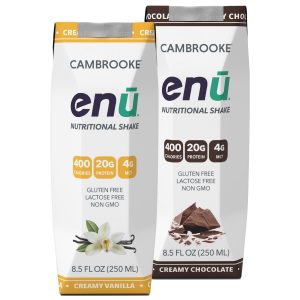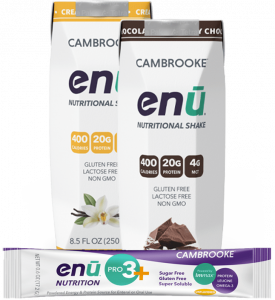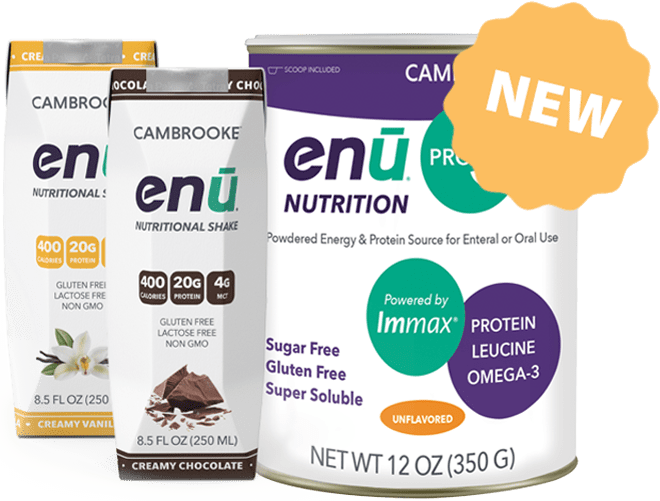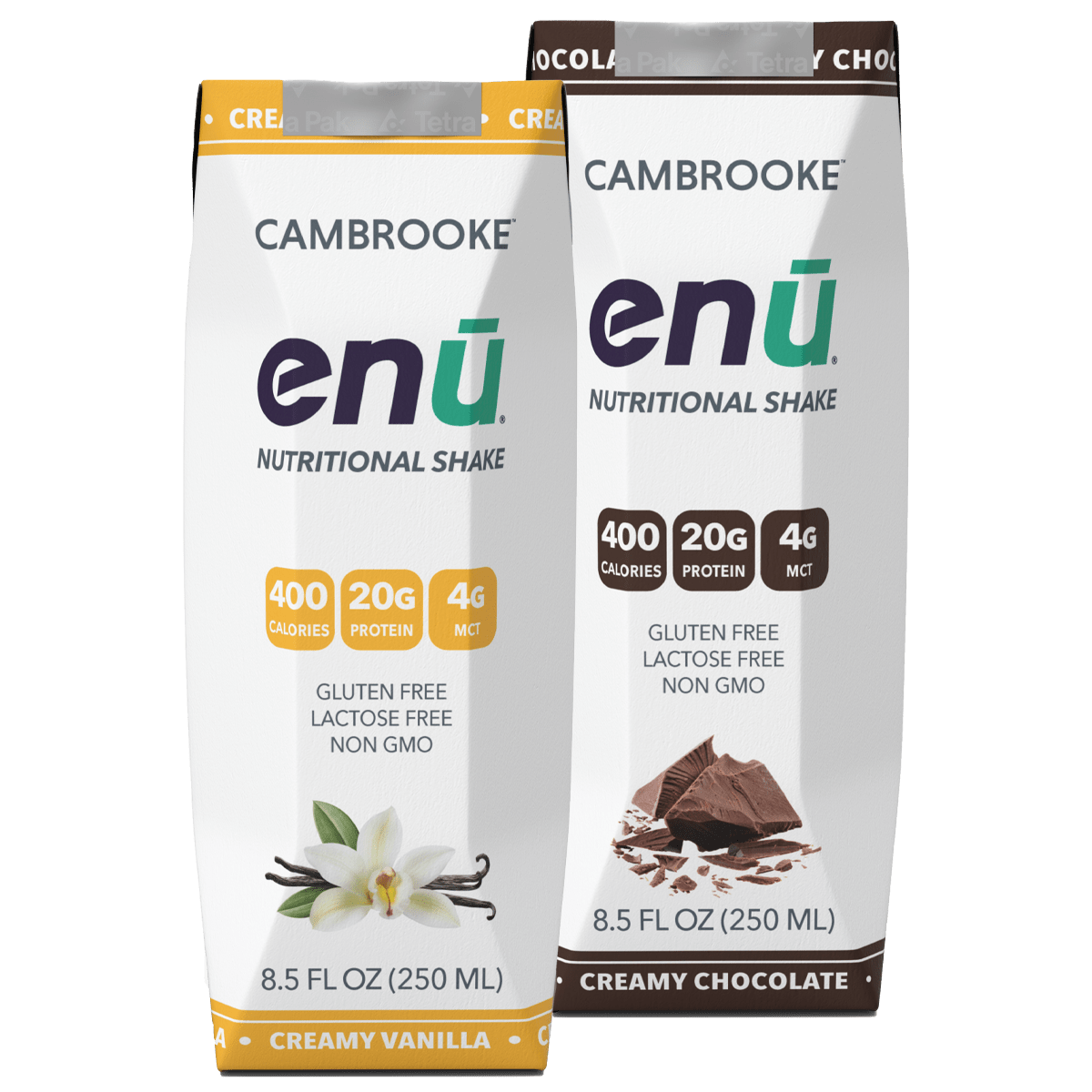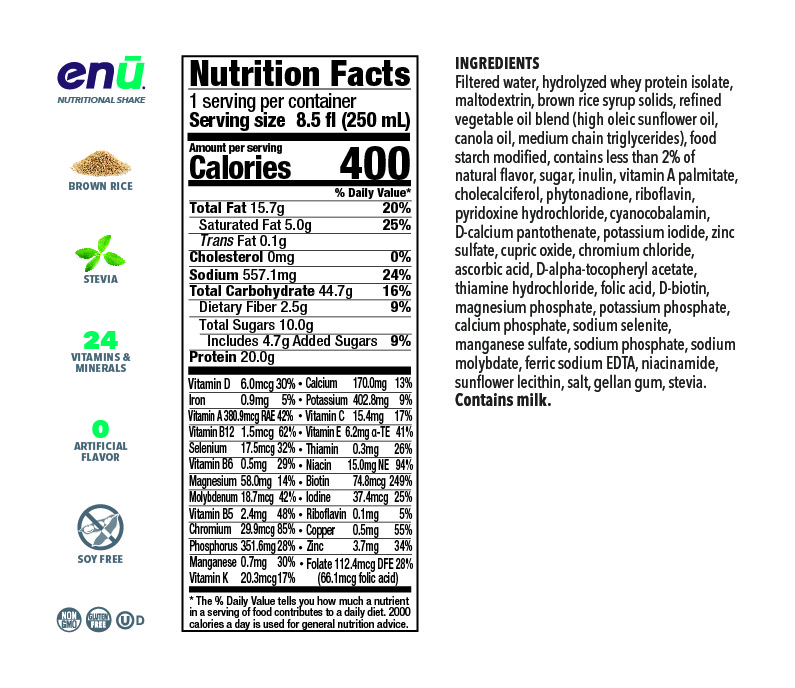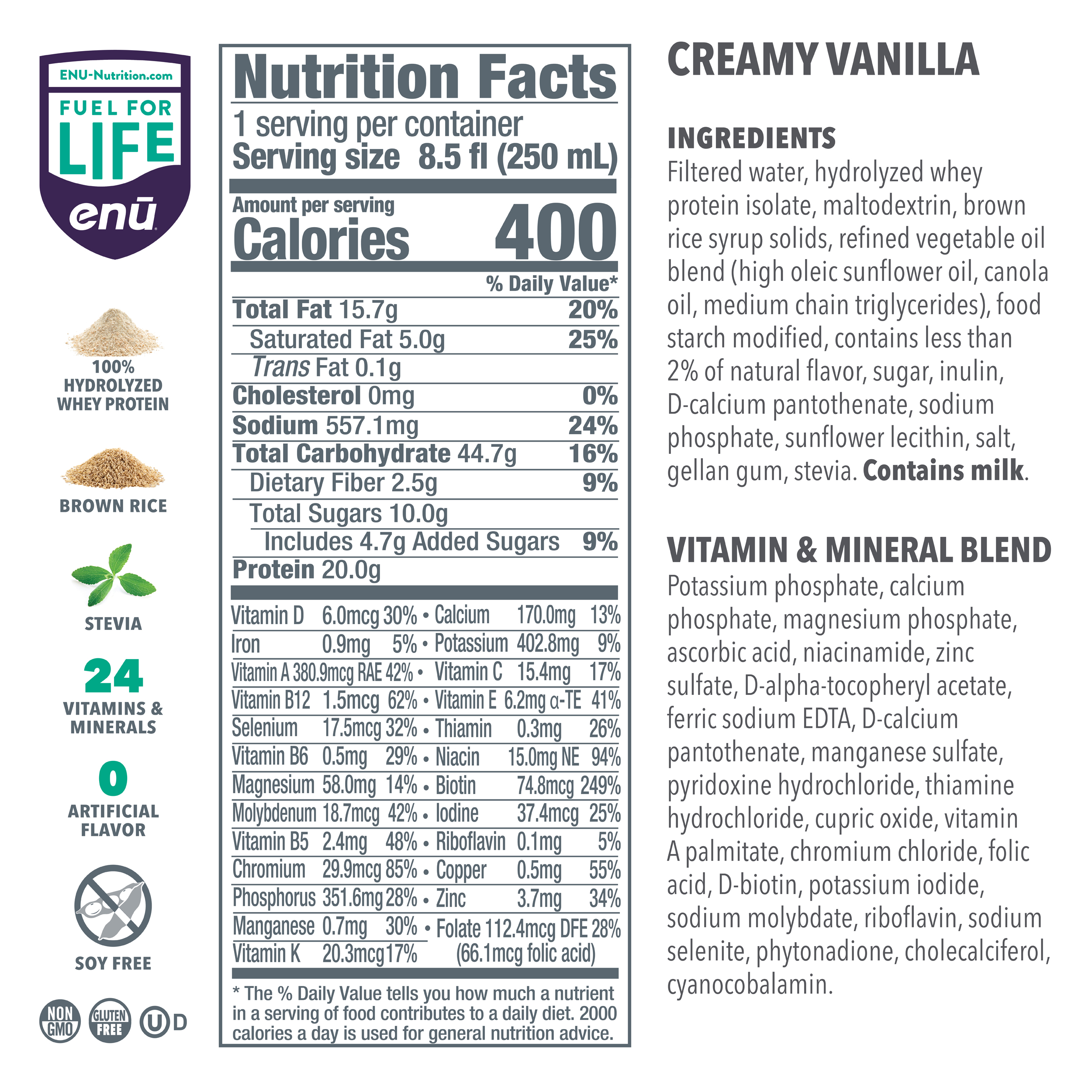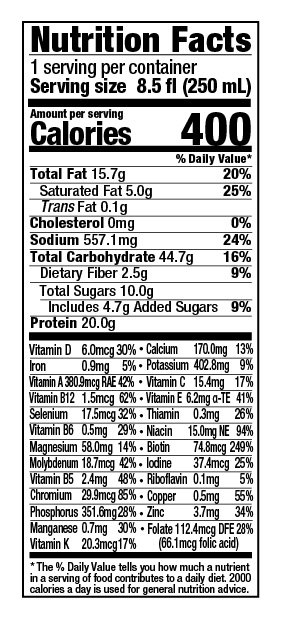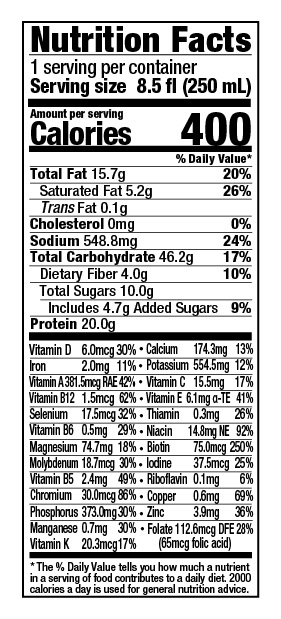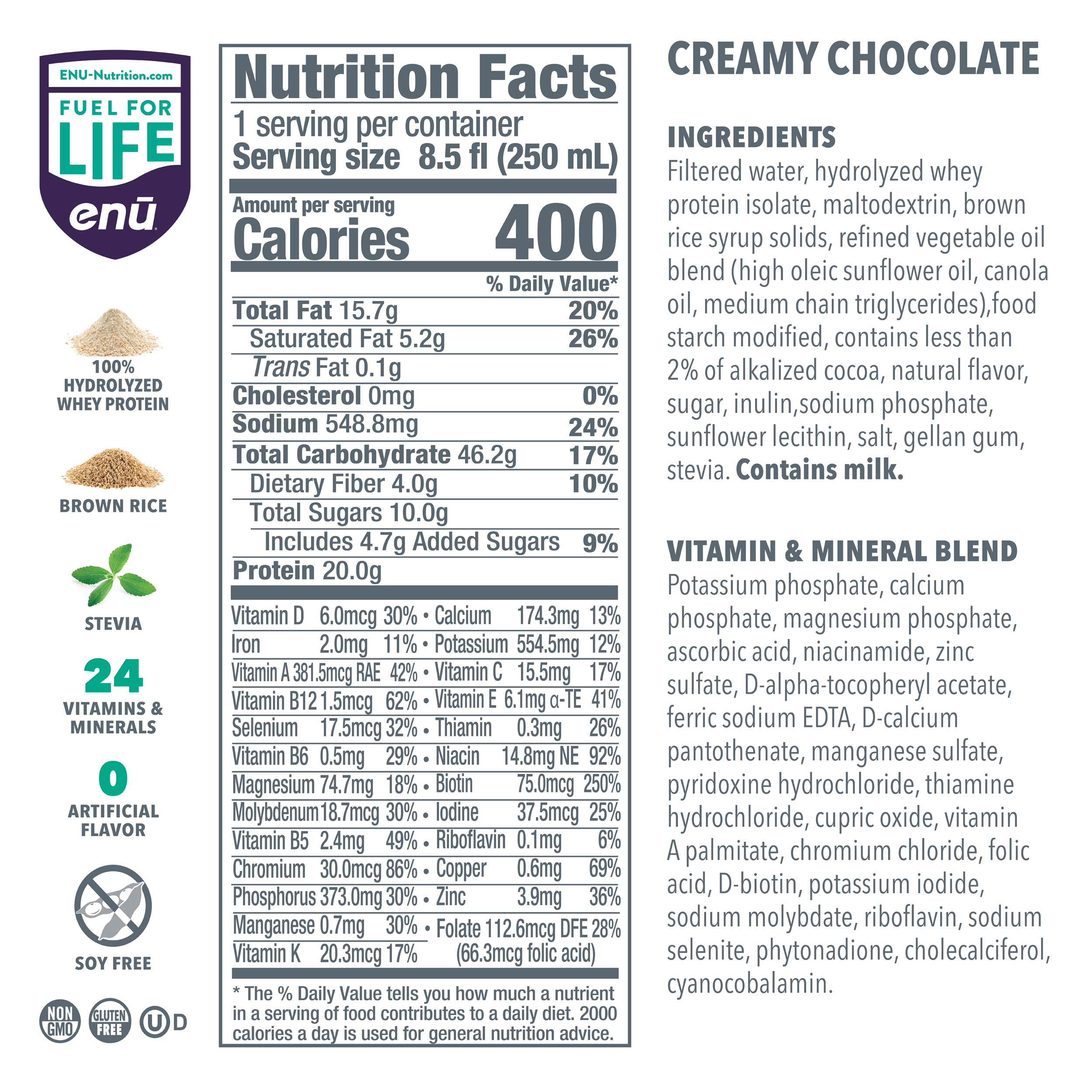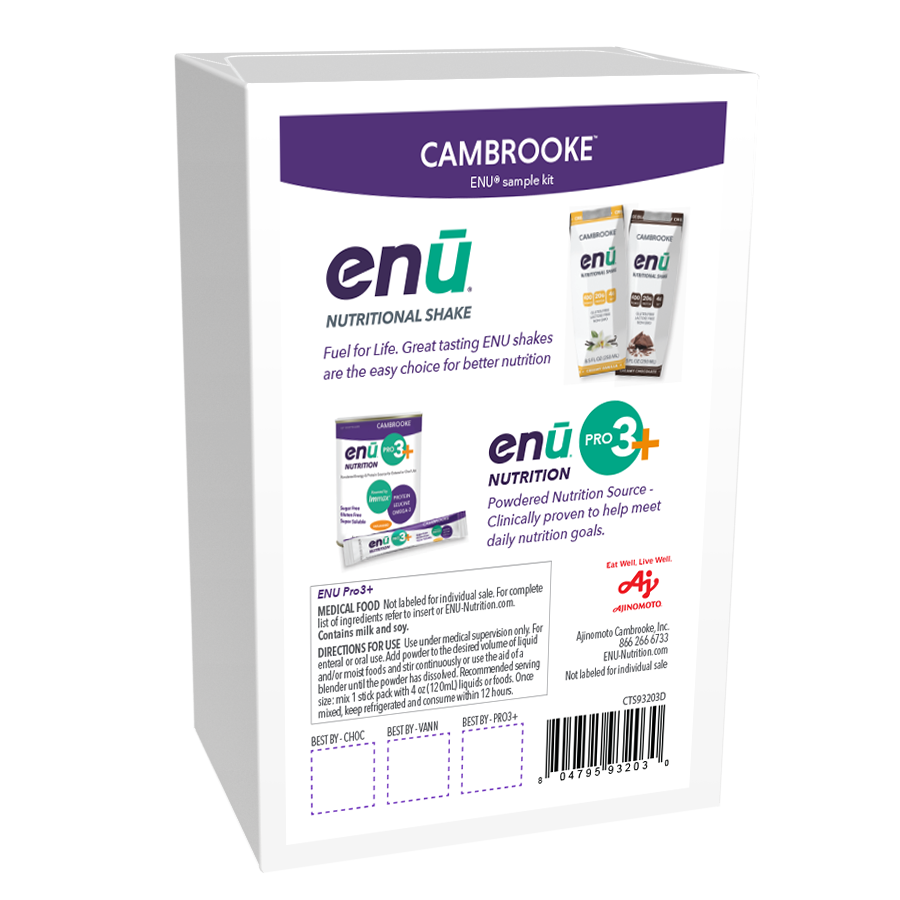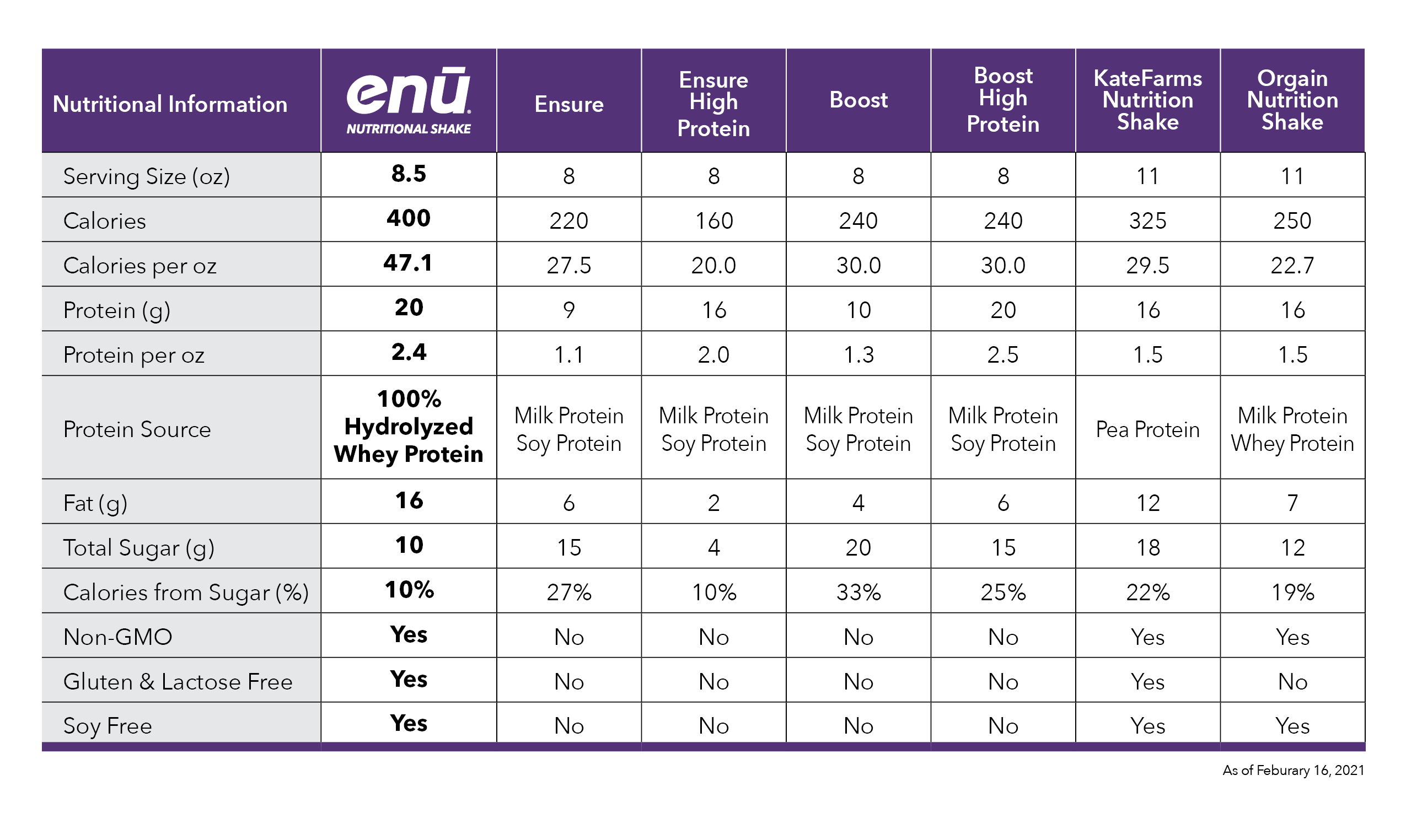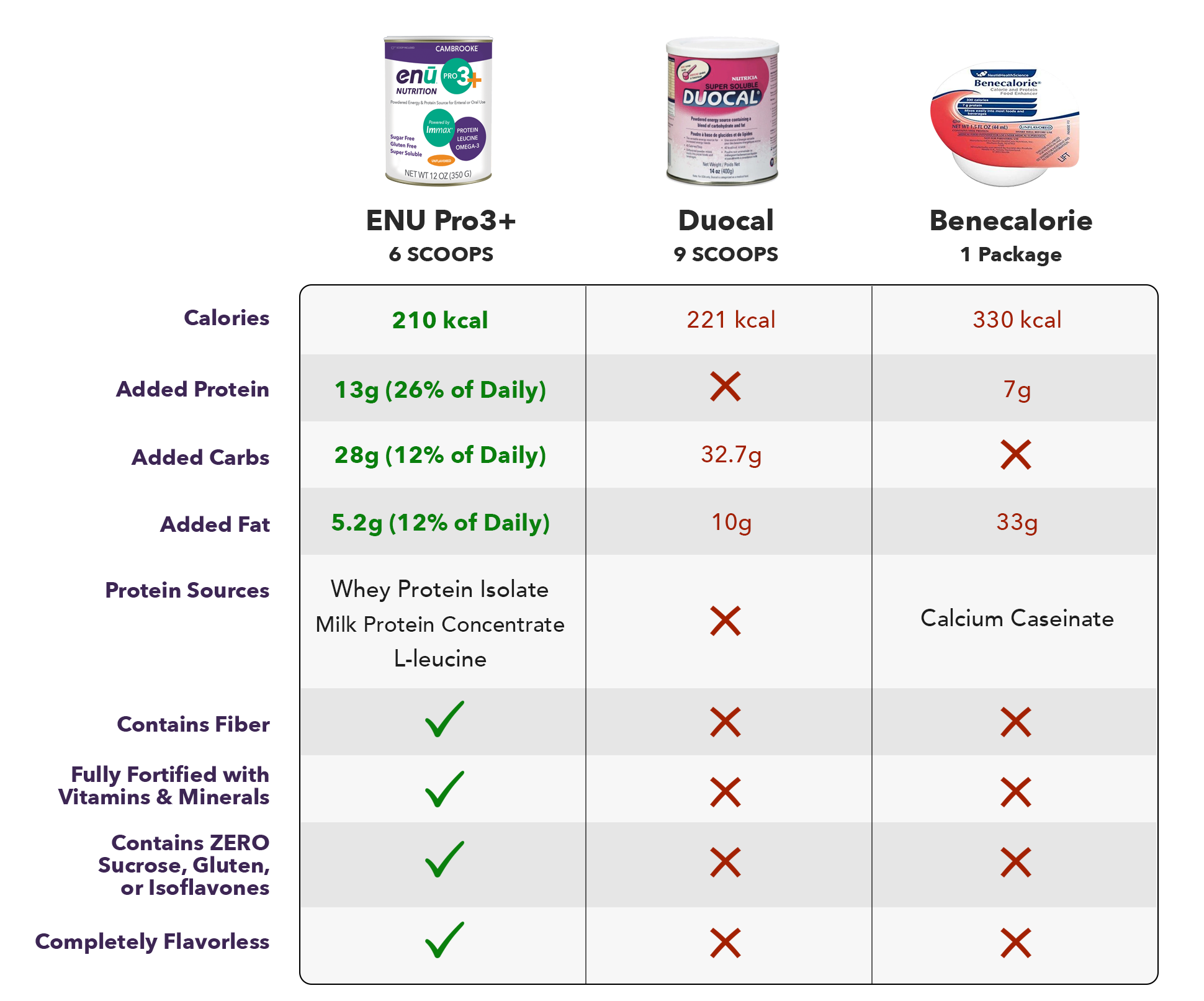
Get a FREE
ENU Intro Pack*
*Just Pay $2.00 Shipping
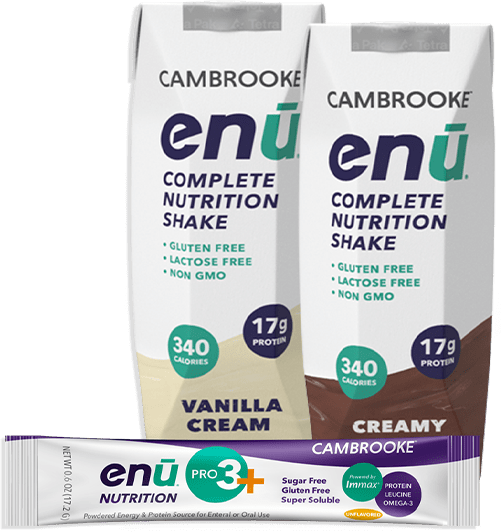
Should You Avoid Omega-6s in Meal Replacement Shakes?
As our understanding of the human body continues to grow, more and more components of our diet have come under scrutiny. Increasingly, ingredients are linked to cancer, either as a cause or preventative measure; foods are linked to weight gain or loss; and many dietary staples are suddenly treated as though they could mean death and disease, or else we’re told they can save our lives. So inconsistent are these reports that it can be hard to keep track of what ingredients we should be eating and which ones we’re supposed to avoid; one such example is the omega-6 fatty acid, which has been treated as both a substance to avoid and a healthy part of our diet. So, which is it? Should you avoid omega-6s in meals and meal replacement shakes or embrace them? Keep reading to find out.
What Are Omega-6 Fatty Acids?
There are three varieties of omega fatty acids, designated omega-3, omega-6, and omega-9. Though they may sound intimidating, their names simply come from the position of the first double bond between carbon atoms in the backbone of the fat molecule; the differences in the placement of this bond can alter the shape and function of the fat.
Though omega-3 fatty acids have long enjoyed a positive reputation – as demonstrated by the popularity of fish oil supplements, which contain omega-3s – their omega-6 cousins can hardly make the same claim. There have been many claims in past decades that omega-6 fatty acids can contribute to chronic health issues, especially those related to the heart. This supposition likely emerged from the fact that linolenic acid, the most common type of omega-6, can be turned by the body into arachidonic acid (ARA), which promotes inflammation.
This detail has led some to reject omega-6s as unhealthy, while others say people should focus on maintaining a healthful ratio of omega-3s to omega-6s; still others insist that these fatty acids are only good for you. That said, these compounds also carry many documented benefits, including the ability to improve cholesterol levels and regulate blood sugar levels. The variety of coverage of omega-6s can make it hard to figure out just what to believe, but more recent evidence has shed light on this debate.
Should You Avoid Omega-6s?
The prevailing evidence regarding the potential health effects of omega-6s strongly suggests that they’re fine to consume. According to the American Heart Association, omega-6 fatty acids actually promote heart health and proper circulation; they also lower LDL cholesterol – the bad kind – and raise HDL cholesterol – the good kind.
It seems that ARA does more than promote inflammation; it can also soothe it in some circumstances, and it helps to fight blood clots. And even when you have an abundance of linolenic in your system, little of it is converted into ARA in the first place. Most studies show that as levels of omega-6 fatty acids in the diet rise, the incidence of heart disease decreases.
Omega-6 fatty acids are especially healthy when consumed in place of saturated fats like those found in red meat. Good sources of omega-6s include seed- and vegetable-based oils, such as safflower oil, sunflower oil, soybean oil, and corn oil. Like other nutrients, however, fats – including the omega-6 variety – should only be consumed in moderation. The American Heart Association recommends that no more than 10% of your calories come from omega-6s each day, which means you should be getting, at most, 10-15 grams of these compounds daily.
One other thing to note: the vast majority of Americans take in way more omega-6s than they do omega-3s, and even advocates for omega-6 say that the two should be balanced more carefully. Try swapping out some of the omega-6s in your diet for omega-3 sources like fish oil, flaxseed oil, or chia seeds, or even just adding some of these to your meals.
Omega-6s in Meal Replacement Shakes
Now that we’ve established that omega-6s are not a threat, should you look for them in your meal replacement or nutritional shakes? The answer is that you can, but it’s probably not necessary. The elevated levels of omega-6s in most Americans’ diets mean that people probably don’t need to waste their time looking for ways to get more; instead, focus on getting plenty of well-rounded nutrition in the form of healthy protein, carbs, fats, vitamins, and minerals.
A meal replacement shake from ENU, for example, contains 20 grams of protein from whey and soy isolates, which are easy to digest and absorb. The carbs in each ENU shake come from natural whole grain sources – including brown rice and quinoa – which offer complex carbs for extended energy, and the fats in each shake come from a mix of coconut and sunflower oils – two unsaturated, heart-healthy ingredients. Topping off each formula is a blend of more than 20 vitamins and minerals, making ENU one of the most well-rounded options for nutritional shakes. Try using a chocolate or vanilla shake from ENU as the base for a homemade protein shake recipe.
Get a Balanced, Healthy Nutritional Shake from ENU Today
Finding a food product that’s both convenient and good for you can be quite challenging – at least, it used to be. Today, ENU offers meal replacement shakes full of key nutrients cultivated from natural sources. Depending on how you choose to integrate these drinks into your diet, they can be powerful tools for sports nutrition, weight management, medical nutrition support, and more. To find out how ENU nutrition shakes can help you reach your health and fitness goals, visit us online or give us a call at (855) 266-6733.
